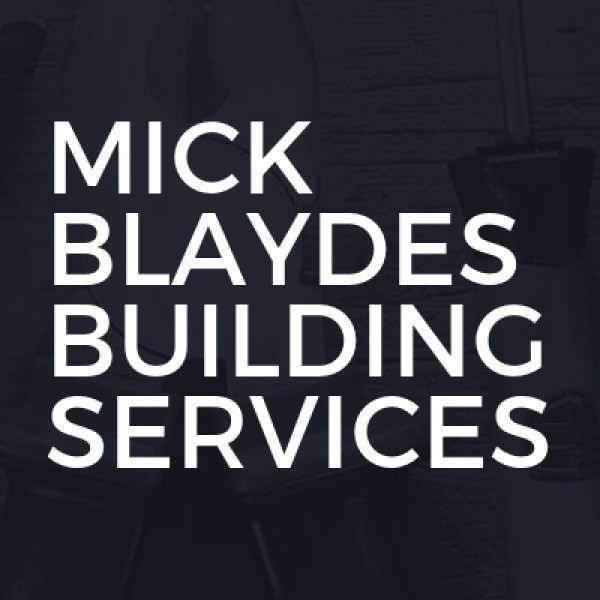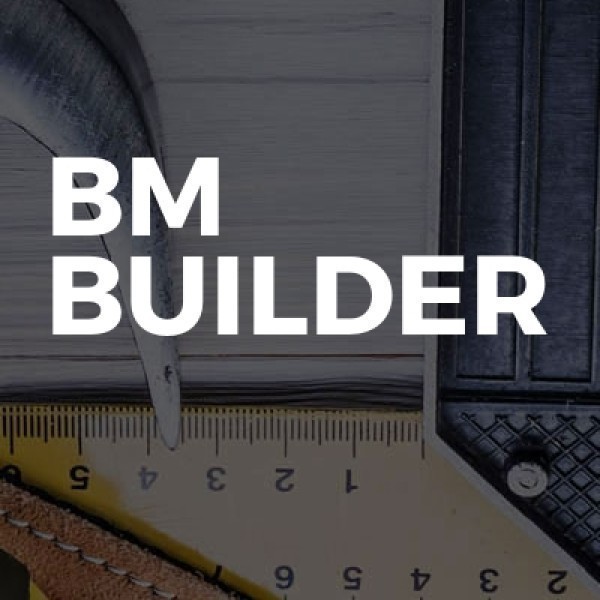Understanding the Role of Extension Builders in Wolverhampton
In the heart of the West Midlands, Wolverhampton is a city that boasts a rich history and a vibrant community. As the city continues to grow, so does the demand for home extensions. Extension builders in Wolverhampton play a crucial role in transforming homes, adding space, and enhancing property value. But what exactly do these builders do, and why are they so important?
The Importance of Home Extensions
Home extensions are more than just additional rooms; they are a way to improve living spaces without the hassle of moving. Whether it's a growing family needing extra bedrooms or a homeowner wanting a larger kitchen, extensions offer a practical solution. In Wolverhampton, where property prices are steadily rising, extending a home can be a cost-effective alternative to buying a new one.
Types of Home Extensions
- Single-storey extensions: Ideal for expanding kitchens or living rooms.
- Double-storey extensions: Perfect for adding multiple rooms, such as bedrooms and bathrooms.
- Conservatories: A popular choice for those wanting to enjoy natural light and garden views.
- Garage conversions: Transforming unused garage space into functional living areas.
Choosing the Right Extension Builders in Wolverhampton
Finding the right builder is crucial to the success of any extension project. In Wolverhampton, there are numerous builders to choose from, each offering different services and expertise. It's important to select a builder who understands your vision and can deliver quality work within your budget.
Factors to Consider
- Experience: Look for builders with a proven track record in home extensions.
- Reputation: Check reviews and ask for references from previous clients.
- Accreditations: Ensure the builder is registered with relevant trade bodies.
- Cost: Obtain detailed quotes and compare them to ensure value for money.
The Process of Building an Extension
Building an extension involves several stages, from initial planning to final completion. Understanding this process can help homeowners manage their expectations and ensure a smooth project.
Initial Consultation and Design
The first step is to meet with the builder to discuss your needs and ideas. This is followed by a design phase, where plans are drawn up, and any necessary planning permissions are obtained.
Construction Phase
Once the design is finalised, construction begins. This phase involves groundwork, building the structure, and installing utilities. Regular communication with the builder is essential to address any issues that may arise.
Finishing Touches
After the main construction is complete, the focus shifts to finishing touches such as painting, flooring, and fixtures. This is where the extension truly comes to life, reflecting the homeowner's style and preferences.
Benefits of Hiring Professional Extension Builders
While some may consider DIY extensions, hiring professional builders offers numerous advantages. Professionals bring expertise, efficiency, and quality assurance to the table, ensuring a successful project.
Expertise and Experience
Professional builders have the skills and knowledge to handle complex projects. Their experience allows them to foresee potential challenges and address them proactively.
Time and Cost Efficiency
With a professional team, projects are completed faster and more efficiently. Builders have access to resources and materials at competitive prices, which can save homeowners money in the long run.
Quality Assurance
Professional builders adhere to industry standards and regulations, ensuring the extension is safe and durable. They also offer warranties for their work, providing peace of mind to homeowners.
Regulations and Permissions in Wolverhampton
Before starting an extension, it's important to understand the local regulations and permissions required. Wolverhampton City Council has specific guidelines that must be followed to ensure compliance.
Planning Permission
Depending on the size and type of extension, planning permission may be required. It's essential to check with the local council and obtain the necessary approvals before construction begins.
Building Regulations
All extensions must comply with building regulations, which cover aspects such as structural integrity, fire safety, and energy efficiency. Professional builders are familiar with these regulations and ensure all work meets the required standards.
Common Challenges in Home Extensions
While extensions offer many benefits, they can also present challenges. Being aware of these potential issues can help homeowners prepare and mitigate risks.
Budget Overruns
Unexpected costs can arise during construction, leading to budget overruns. It's important to have a contingency fund and work closely with the builder to manage expenses.
Delays
Weather conditions, supply chain issues, and unforeseen complications can cause delays. Regular communication with the builder can help keep the project on track.
Design Changes
Changes to the original design can impact the timeline and cost of the project. It's crucial to finalise the design before construction begins to avoid disruptions.
Maximising the Value of Your Extension
An extension can significantly increase the value of a property if done correctly. Here are some tips to maximise the return on investment.
Focus on Quality
Investing in high-quality materials and finishes can enhance the appeal and durability of the extension, making it more attractive to potential buyers.
Consider Energy Efficiency
Incorporating energy-efficient features, such as insulation and double glazing, can reduce utility bills and appeal to environmentally conscious buyers.
Enhance Curb Appeal
Ensuring the extension complements the existing structure and enhances the property's overall appearance can boost its market value.
Frequently Asked Questions
- Do I need planning permission for a home extension in Wolverhampton? It depends on the size and type of extension. It's best to consult with the local council to determine if permission is required.
- How long does it take to build an extension? The timeline varies depending on the complexity of the project, but most extensions take between three to six months to complete.
- Can I live in my home during the extension construction? In most cases, yes, but it may be disruptive. Discuss with your builder to understand the impact on your daily life.
- How can I find reliable extension builders in Wolverhampton? Research online reviews, ask for recommendations, and check accreditations to find reputable builders.
- What should I include in my extension design? Consider your needs, lifestyle, and future plans. Work with a designer to create a functional and aesthetically pleasing space.
- How can I ensure my extension is energy efficient? Use high-quality insulation, energy-efficient windows, and sustainable materials to improve energy efficiency.
In conclusion, extension builders in Wolverhampton are essential for homeowners looking to expand and enhance their living spaces. By understanding the process, choosing the right builder, and considering key factors, homeowners can successfully navigate their extension projects and enjoy the benefits of their improved homes.


























